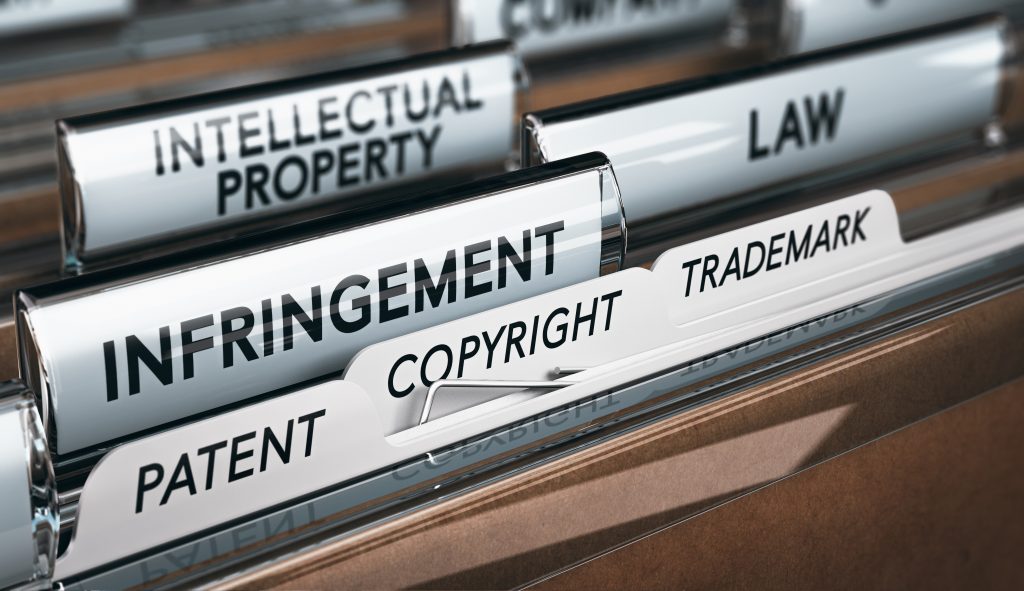How to protect IP from AI?
Bots that create music, texts and images without human input, are accused of infringing copyrights, ignoring liabilities and, probably, of undermining democracy. So, according to David Talbot, in The Economist, bots that create music, texts and images are stealing work from humans, should be regulated and could even pose a threat to democracy. Talbot highlights that bots that create human-like content can be good (music, for example, that sounds similar to a style of an artist or evokes a specific mood), but also bad, for example, when the robots create music that is nearly identical to existing pieces, violating copyrights. Talbot asks if, and how, bots can be regulated. He also mentions that, in the future, bots might communicate with each other, creating a sort of ‘intelligent system’, which would be very hard to stop. Bots, he concludes, should be subject to the existing regulations for content created by humans.

Artificial intelligence (AI) endangers IP (intellectual property). AI-driven bots can generate music, texts and images by processing copyrighted materials gathered online. The situation will be more complex when bots start communicating with each other and creating a sort of ‘intelligent system’.
Can existing intellectual property rules regulate AI-driven content production? The primary legal battle will be around the applicability of the principle of ‘fair use’ for allowing the gathering of data behind AI development. The first instance is the court case of Getty Images vs Stability AI, which owns Stable Diffusion, one of the leading platforms for image-generating AI. Getty Images accuses Stability AI of developing an AI system based on millions of photos and images that Getty Images provides.
The outcome of this case will have a major impact on the future use of copyright materials for developing AI systems.
